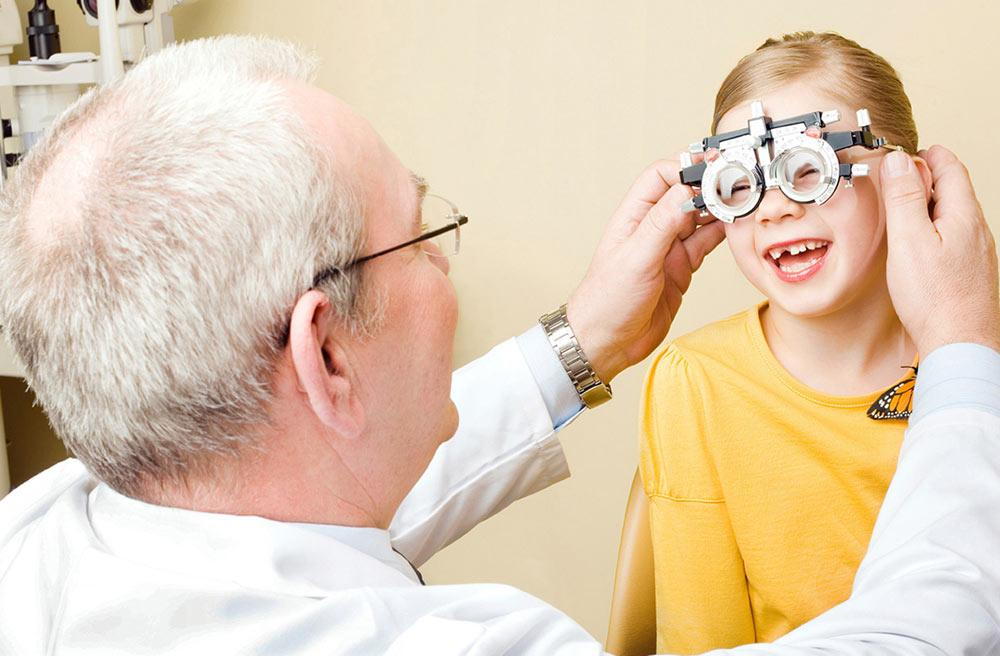
Controlling Myopia in Children
Myopia, more commonly referred to as nearsightedness, is the inability to clearly see objects in the distance. About 14 million U.S. children have myopia, which, if not controlled, can impact their learning in the short-term. Over the long-term, uncontrolled myopia increases the risk of myopic macular degeneration, glaucoma, cataracts, and a detached retina. While regular single-vision prescription eyeglasses may enable a child to see better initially, they do not control myopia. Our optometrist at Eye Doctors of Arizona in Phoenix uses various treatments to improve vision and slow the progression of myopia in children. We can also advise you on how to help manage the condition at home.
Treatments
Four categories of treatment are currently used to control myopia. Atropine eye drops can control myopia by relieving focus fatigue. The drops temporarily limit the process of accommodation, or the ability of the eye to change focus. Multifocal contact lenses also have been found to limit the progression of nearsightedness in some children. Similarly, multifocal glasses have also been found to be effective for some children. Ortho-K contact lenses, which are worn only while sleeping, have been found to reduce the lengthening of the eyeball, which is a major factor in myopia progression.
Home Precautions
In addition to the above treatments, our optometrist will also suggest ways you can help control the progression of myopia by managing your child's behavior at home. Practices such as limiting screen time and increasing time spent outdoors have been found to be effective in limiting the progression of nearsightedness.
Contact us in Phoenix
Dr. Christopher J. Johnson, our optometrist, has considerable experience in pediatric eye care and is an expert in fitting multifocal glasses and contact lenses. Contact Eye Doctors of Arizona in Phoenix at 602-257-8280 to make an appointment at any of our locations: downtown, Biltmore, or North Phoenix.
